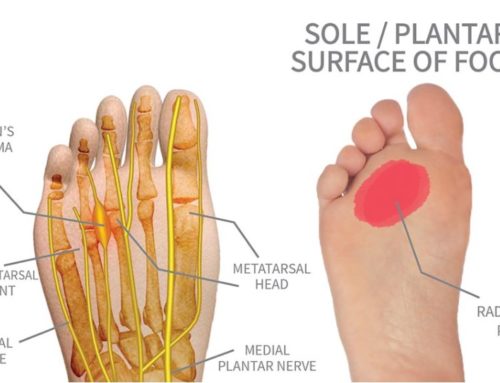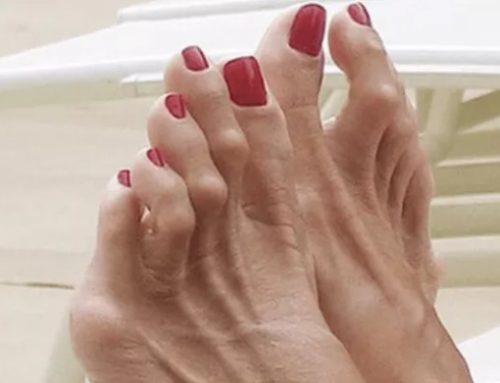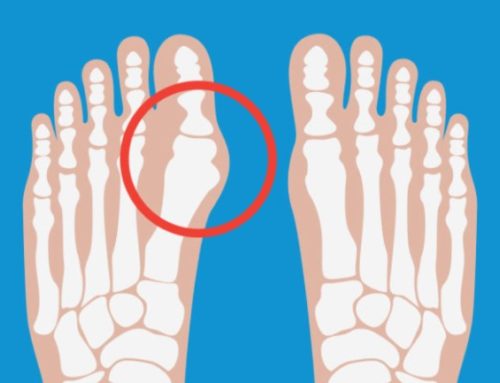
Foot cramps are not only annoying but painful. The thing about foot cramps is that they seem to get you when you least expect it. Having you ever been driving and have a foot cramp happen and your toes begin to curl up? Or, you are sleeping soundly and all of a sudden you wake up and feel like every muscle in your foot is in a tight ball? Foot cramps happen to the best of us and there are things to do to help relieve the discomfort.
Foot cramps mostly take place in the arch of the foot, but people can have these cramps in the toes and the calf muscles. The pain with foot cramps can last from a few minutes to several days.
What Causes These Foot Cramps?
For those who are searching for an exact answer, there may be no obvious cause but here are a few factors that may be causing them.
- Dehydration
When we exercise and do not take in enough water the sweating reduces the levels of potassium, magnesium and calcium. Excessive alcohol intake and smoking can also cause dehydration.
- Medications
Certain medications that are prescribed can cause cramping as a side effect. Diuretics, also called water pills, can cause an imbalance of potassium and calcium.
- Pregnancy
During the third trimester, there may be an increase in foot cramps especially at night when resting. This is caused by the uterus exerting pressure on the veins that bring blood up from the feet and legs.
- Bad Fitting Shoes
Shoes that squish your feet such as high heels or shoes that are too tight can cause foot cramps. Pointed shoes can cause foot cramps and damage to the feet.
- Fatigue
Muscles that have been overworked and are tired can lead to foot cramps. Just as runners are more prone to calf cramps, dancers and athletes are more prone to foot cramps.
- Lack of Minerals and Vitamins
Our bodies need the right amount of or balance of minerals and vitamins. Foot cramps can be caused by imbalances in Vitamin D, Calcium, Vitamin E, Potassium, Magnesium and Vitamin B6. It is important to make sure you are eating a well-balanced diet if you are unsure about taking supplements it is best to consult with your doctor.
- Injury
Trauma to the feet or legs can cause muscles to spasm. The reason muscles will spasm is to protect themselves from further damage.
- Nocturnal Cramps
These are the cramps that will wake you from a sound sleep. These cramps can develop at night from decreased circulation and dehydration. The cramps will most commonly occur in the calf muscles but can also happen in the feet and toes. Calf muscle cramps can happen when a person sleeps with their knees bent and the toes pointing down that places the calf muscle in a shortened position.
- Not Enough Exercise
Lack of exercise can lead to muscle weakness and weight problems. Both lack of exercise and obesity will increase the chance of cramps.
- Reduced Blood Circulation
Sitting in the same position for long periods of time can reduce circulation to the feet. The reduced oxygen levels in the muscles can lead to cramping of both the legs and feet.
What to Do For Foot Cramps

There are a few things that can be done to help alleviate the pain associated with foot cramps.
- Massage
Massaging the area where the cramp is will help the muscle to relax and reduce the pain. The massage will increase the circulation to the muscles which will increase blood flow, nutrient levels and oxygen. Harmful waste such as lactic acid will be pulled away from the area.
- Stretching
Stretching will help to alleviate the pain when a cramp does occur. Regular stretching throughout the day will help to prevent cramps from happening. Think of stretching as gentle exercise for your feet and try to do stretching exercises at least once a day.
- Eat a Well Balanced Diet
By eating a well-balanced diet, you will be getting the minerals and vitamins needed for healthy bones and muscles.
- Well-fitting Footwear
It is important to have well-fitting shoes so that your feet are not squished. Wearing shoes that fit your feet correctly will reduce the chance of cramps.
- Supplements
If you are still experiencing foot cramps and have tried all of the recommendations here then you may want to speak to your physician. Your doctor can have blood tests run and if you are lacking in certain vitamins and minerals your doctor may prescribe certain supplements.
If you have tried all of the above tips and are still getting foot cramps it may be time to contact your foot specialist.




Leave A Comment